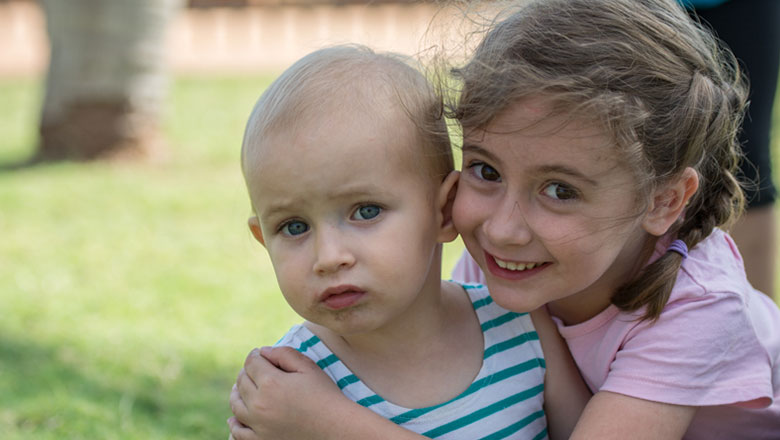Search
Research
One vaccine for life: Lessons from immune ontogenyThere remains a general misconception that the immune status of the fetus and neonate is immature or insufficient. However, emerging research in immune ontogeny prompts reconsideration of this orthodoxy, reframing this period instead as one of unique opportunity. Vaccine responses (qualitative and quantitative) vary between individuals, and across demographic cohorts. Elements of baseline immune status and function predict vaccine response - some of these factors are well described, others remain a subject of ongoing research, especially with the rapidly expanding field of 'omics' research, enabled by development of highly granular immune profiling techniques and increasing computational capacity.
Research
Subcutaneous administration of benzathine benzylpenicillin G has favourable pharmacokinetic characteristics for the prevention of rheumatic heart disease compared with intramuscular injectionBenzathine penicillin G has been used as monthly deep intramuscular (IM) injections since the 1950s for secondary prevention of acute rheumatic fever and rheumatic heart disease (RHD). Injection frequency and pain are major programmatic barriers for adherence, prompting calls for development of better long-acting penicillin preparations to prevent RHD.
Research
Whole-Cell Pertussis Vaccination and Decreased Risk of IgE-Mediated Food Allergy: A Nested Case-Control StudyAustralian infants who received whole-cell pertussis vaccines were less likely to be diagnosed with food allergy in childhood
Research
Safety of live attenuated herpes zoster vaccine in adults 70–79 years: A self-controlled case series analysis using primary care dataNo new safety concerns were identified for live attenuated herpes zoster vaccine in this study based on a novel, Australian primary care data source
Research
Retrospective Case-Control Study of 2017 G2P[4] Rotavirus Epidemic in Rural and Remote AustraliaA widespread G2P[4] rotavirus epidemic in rural and remote Australia provided an opportunity to evaluate the performance of Rotarix and RotaTeq rotavirus vaccines, ten years after their incorporation into Australia's National Immunisation Program.
Research
Respiratory Syncytial Virus Vaccination during Pregnancy and Effects in InfantsA multi-country randomized, placebo-controlled trial of the safety, immunogenicity and efficacy of respiratory syncytial virus (RSV) F-protein nanoparticle vaccine was undertaken in 4,636 pregnant women and their infants. RSV F-protein vaccine was safe and immunogenic in the pregnant women inducing anti-F IgG, palivizumab-competing antibodies and RSV neutralizing antibodies that were transferred to the fetus.
Research
Using pneumococcal carriage studies to monitor vaccine impact in low- and middle-income countriesWe review the role of pneumococcal carriage studies for the evaluation of PCVs in LMICs and discuss optimal methods for conducting these studies


News & Events
Community Conversation- Infectious Diseases in ChildrenConsumers and community members are invited to join us to provide input into our childhood infectious diseases research.

News & Events
Vaccination timing essentialWe all know how important it is to vaccinate a child against harmful diseases but vaccinating a child at the right wrong age can cost lives.
